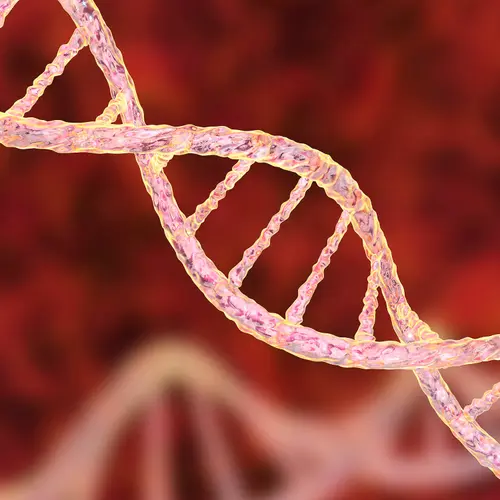If you or your child has been diagnosed with attention deficit hyperactivity disorder (ADHD), it’s important to seek treatment. If you think you or your child has ADHD but you haven’t been diagnosed, ask a doctor for their opinion, in case treatment is needed.
Untreated ADHD can cause problems throughout life. People with ADHD tend to be impulsive and have short attention spans, which can make it harder to succeed in school, at work, in relationships, and in other aspects of life.
During Childhood
Children with untreated ADHD may face problems at home and at school.
Because ADHD can make it hard for children to pay attention in class, a student with untreated ADHD may not learn everything they’re taught. They may fall behind or get poor grades.
Children with ADHD may struggle to control their emotions. This can cause social problems. They may not know how to share toys, take turns, play well with others, or react the right way in certain situations. Without treatment and guidance, they may have trouble making or keeping friends. This can be hard for them to deal with because many children with untreated ADHD also have low self-esteem or depression.
Kids with untreated ADHD can be more impulsive, so they may get hurt a lot. Some research shows that young people with untreated ADHD make more visits to the emergency room with injuries.
As Teenagers
If ADHD hasn’t been addressed, teens who have already done poorly at school for years aren’t likely to catch up, so poor grades may keep coming. Even students with untreated ADHD who coasted through elementary school may have problems keeping up in high school, where the workload is more intense.
Teens with untreated ADHD may struggle with relationships. They may not have many friends, and they may not fare well in the dating world. They’re also likely to have problems getting along with their parents.
ADHD that’s left alone could raise the chance of dangerous behaviors, including:
- Drinking
- Smoking
- Doing drugs
- Risky sexual choices
Among girls with untreated ADHD, eating disorders are more common. Some of these problems may be linked with depression or low self-esteem.
Once they’re old enough to get their driver’s license, teens with untreated ADHD are more likely to have trouble behind the wheel. They may be involved in more car accidents than their peers.
As Adults
Although certain symptoms may fade with age, ADHD can be a lifelong problem. And some people aren’t diagnosed with ADHD until they’re adults.
It’s important for all grownups with ADHD to have treatment for it.
If not, they’re more likely to have employment problems. Even if they can get a job, they may not be able to keep it. They’re also more likely to have trouble:
- Getting to work on time
- Completing work by set deadlines
- Staying organized
- Getting along with co-workers
- Accepting criticism calmly
If you have untreated ADHD, you’re more likely to have relationship problems. You may be too emotional. You may have arguments with others more often than your peers. And your partner or friends might have trouble getting you to listen.
People with untreated ADHD have higher rates of divorce. You’re also more likely to be depressed or have low self-esteem.
The same risky behaviors that can harm teens with untreated ADHD can also impact adults in the same situation. For example:
- Drinking
- Smoking
- Drug abuse
- Risky sex
They’re also more likely to have
- Car accidents
- Gambling problems
- Trouble with the law
Some research says between 25% and 40% of people in prison have ADHD -- many of whom are undiagnosed or untreated. The same research suggests that if those people had treatment for their ADHD, the action that led to their jail time may not have happened.

